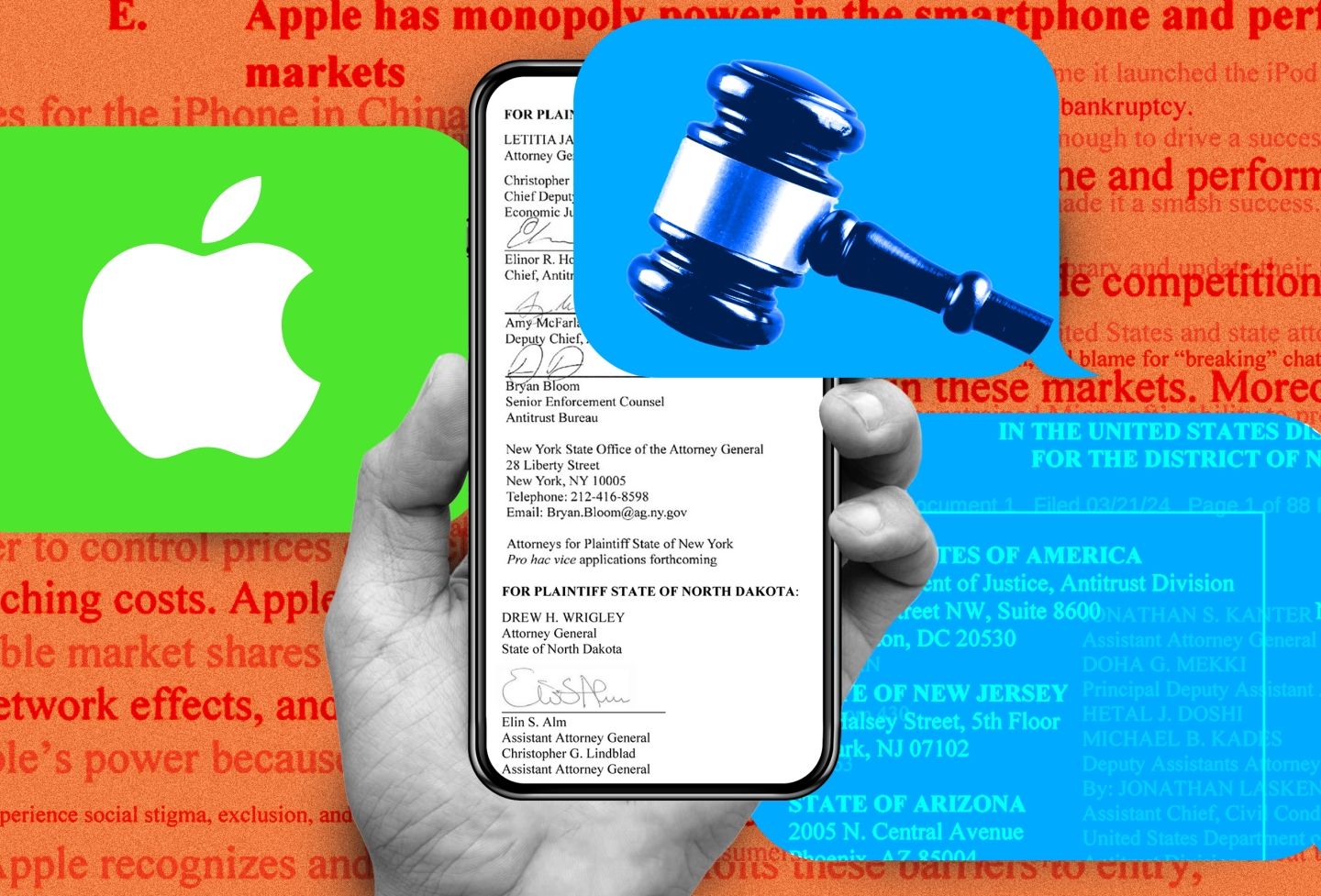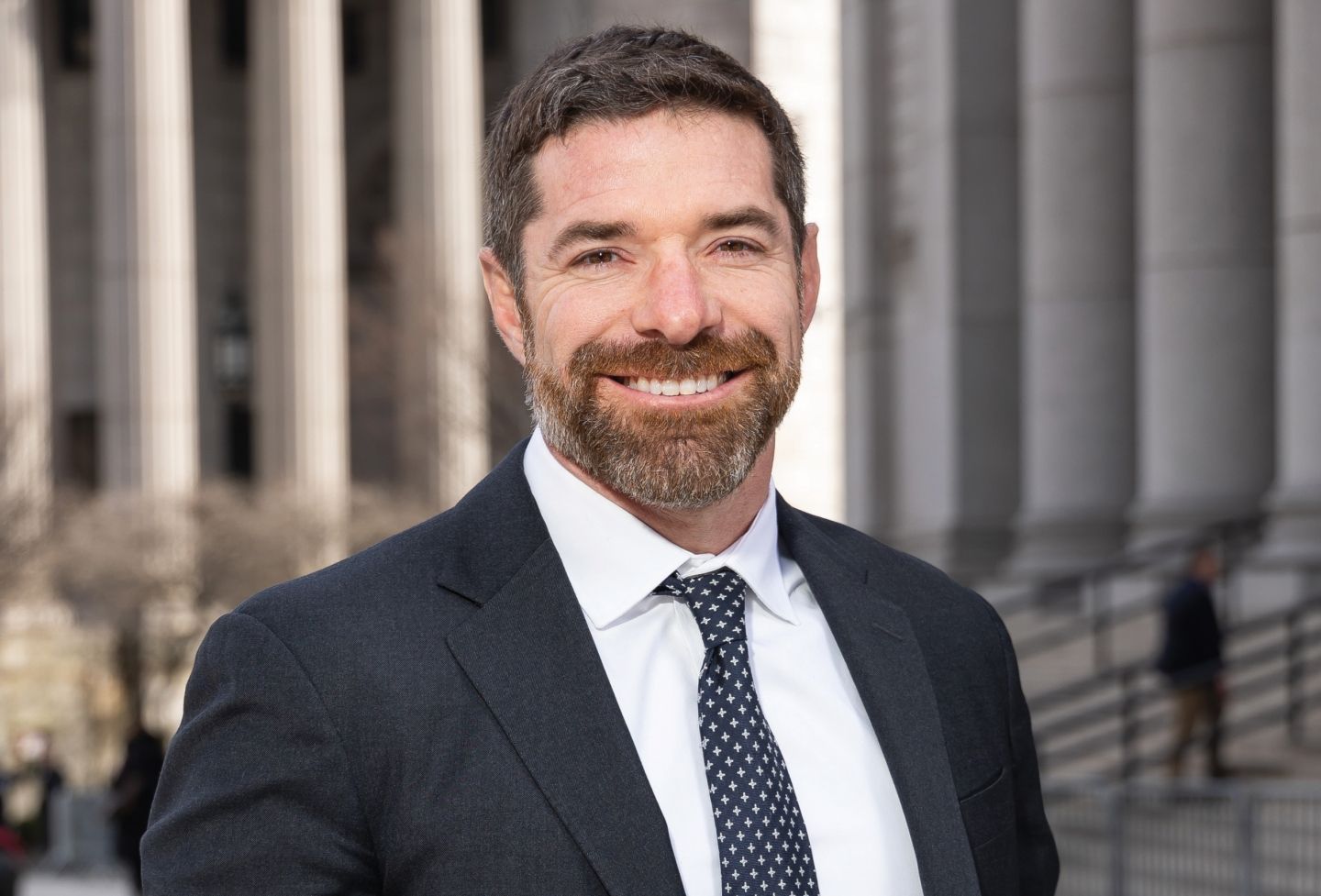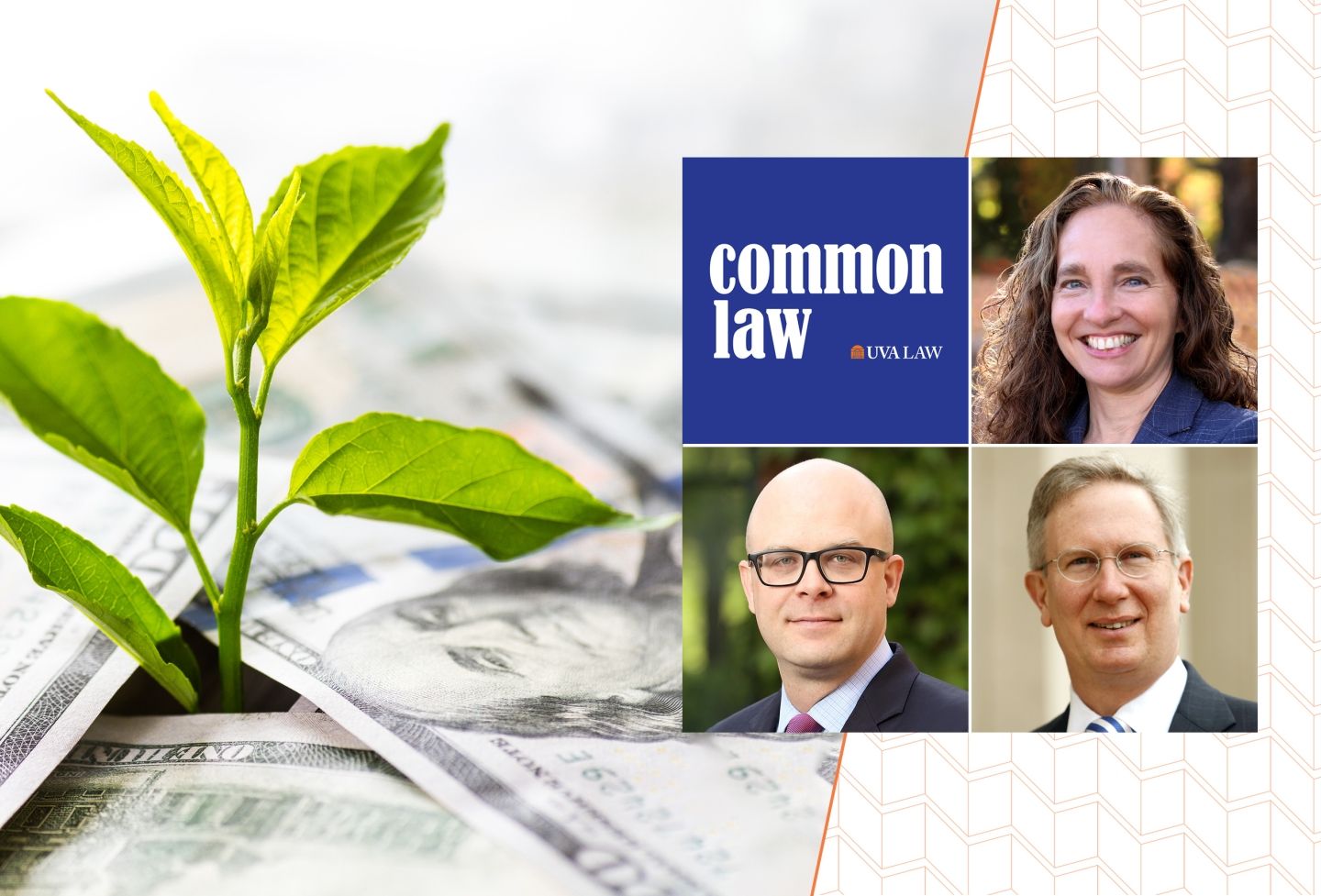Power is multiplied when a business person sits on multiple corporate boards — but two University of Virginia School of Law professors have found that the influence of these cross-affiliated directors extends well beyond the companies involved.
New research by business law experts Michal Barzuza and Quinn Curtis indicates that the directors play a significant role in the propagation of governance practices throughout the corporate world.
Their recent article, "Board Interlocks and Outside Directors' Protection," uses research in the aftermath of the Schoon v. Troy Corp. decision in the Delaware Court of Chancery to illustrate the phenomenon.
Directors of boards have come to expect a certain level of legal protection. What are indemnification and advancement rights?
Directors on corporate boards have fiduciary duties that can create personal liability, and it’s not uncommon for directors to be targets of litigation. Not too many people would serve on corporate boards if they risked being held personally liable for problems, and — even if you win — lawsuits are expensive to defend. Thus, companies generally promise to indemnify their directors for certain types of losses and also promise to advance money for directors to defend themselves if they are sued. These indemnification and advancement rights, along with insurance for directors and officers, are part of the standard package of protection that directors receive as part of service on the board and are typically laid out in the bylaws of the company.
How did the Schoon case affect these rights?
In the Schoon case, which was decided by the Delaware Court of Chancery, a corporation ended up in a dispute with a former director. The corporation amended its bylaws to eliminate advancement of expenses for former directors–and then filed a lawsuit against him. The company argued that it did not need to advance the former director’s expenses under the amended bylaw, because it was changed before the lawsuit was filed, and the court agreed. The change was upheld even though the dispute related to events that predated the change and even though the company clearly changed the bylaw in anticipation of suing.
Directors had assumed that their rights to indemnification and advancement could not be changed retroactively, but Schoonshowed that this was not a safe assumption. Particularly for outside directors, this was a dangerous possibility. Inside directors often have contractual protection and are less likely to end up in a dispute like this. Outside directors often rely on the indemnification language in the bylaws and have an oversight role that could cause tension with management. This decision left them vulnerable.
What could directors do about the decision?
As soon as the decision came down, corporate lawyer started writing memoranda advising companies how to respond. An individual director couldn’t do much, but a company could either adopt a contract with its directors, which could not be retroactively altered, or amend its bylaws to make clear that they were not retroactively changeable. These types of changes require the company to take action, and are the sort of thing a general counsel would generally do, so outside directors were reliant on general counsels to make these changes. That’s where our study picks up.
Explain how you studied the response to Schoon.
We wanted to see how large, Fortune 5000 companies reacted to Schoon. On the one hand, it was a high-profile case that attracted the attention of practitioners and also of the National Association of Corporate Directors, who filed an unusual amicus brief asking the decision to be reconsidered. On the other hand, the likelihood of a Schoon-type dispute at a big public company is pretty low.
We hand-collected changes to firms bylaws and disclosures about indemnification contracts to see what changed. We found about half of firms responded, protecting their directors, and half didn’t, leaving their directors unprotected. Eventually, Delaware changed the law to reverse Schoon, but many firms left directors unprotected in the interim.
Which firms tended to respond?
We found that firms with strong outside directors tended to respond: If the firm had a high percentage of outside directors, or if they had a named lead outside director, or if the outside directors met a lot in executive session, these all were associated with responding, but the most interesting effect we found is that the response to Schoon propagated through outside director interlocks.
What are board interlocks?
Interlocks occur when a single director sits on the board of two or more different companies. Lots of corporate directors have more than one board seat. Research, including our paper, increasingly points to these directors as important channels through which corporate practices spread.
We found that, particularly for outside directors, if a director sat on the board of a firm that responded to Schoon, then other firms on whose board that director also sat were more than twice as likely to respond.
Why would interlocks be associated with responding to Schoon?
There are a couple of things that might drive that effect. First of all, a director with interlock to a responding firm would be more likely to know about Schoon. But beyond that, a director with interlock to an adopting firm might have more inclination and leverage to make a change. If you think about an outside director, it might be a little uncomfortable to ask for additional protection in case you get sued by your own firm, but if you sit on the board of another company making a change, it’s a lot easier to say “Why aren’t we doing this?” Also, if a general counsel is inclined to take a wait-and-see approach, a director with interlock to an adopting firm has some leverage to say “Well, my other firm isn’t waiting. Why aren’t we being proactive?” Combined with our other results, this suggests that interlocks made outside directors more effective.
What lessons can we take away from these findings?
As with a lot of empirical work, one has to draw conclusions with caution, but a growing number of papers point to interlocks as an important channel through which corporate practices, some good and some bad, can spread. We show that interlocks matter in a context of particular importance to outside directors. It may be that outside directors benefit from being able to draw on the knowledge and leverage from their interlocking board seats. Another implication of this research is that it looks like, at least at some firms, outside directors had to fend for themselves to some degree. The advice of the legal community was strongly in favor or responding to Schoon, but a lot of firms didn’t, and outside directors at those firms bore some risk. Since general counsel are typically charged with serving the board, these results suggest they might, in some cases, be less than proactive in serving the interests of outside directors.
Founded in 1819, the University of Virginia School of Law is the second-oldest continuously operating law school in the nation. Consistently ranked among the top law schools, Virginia is a world-renowned training ground for distinguished lawyers and public servants, instilling in them a commitment to leadership, integrity and community service.


